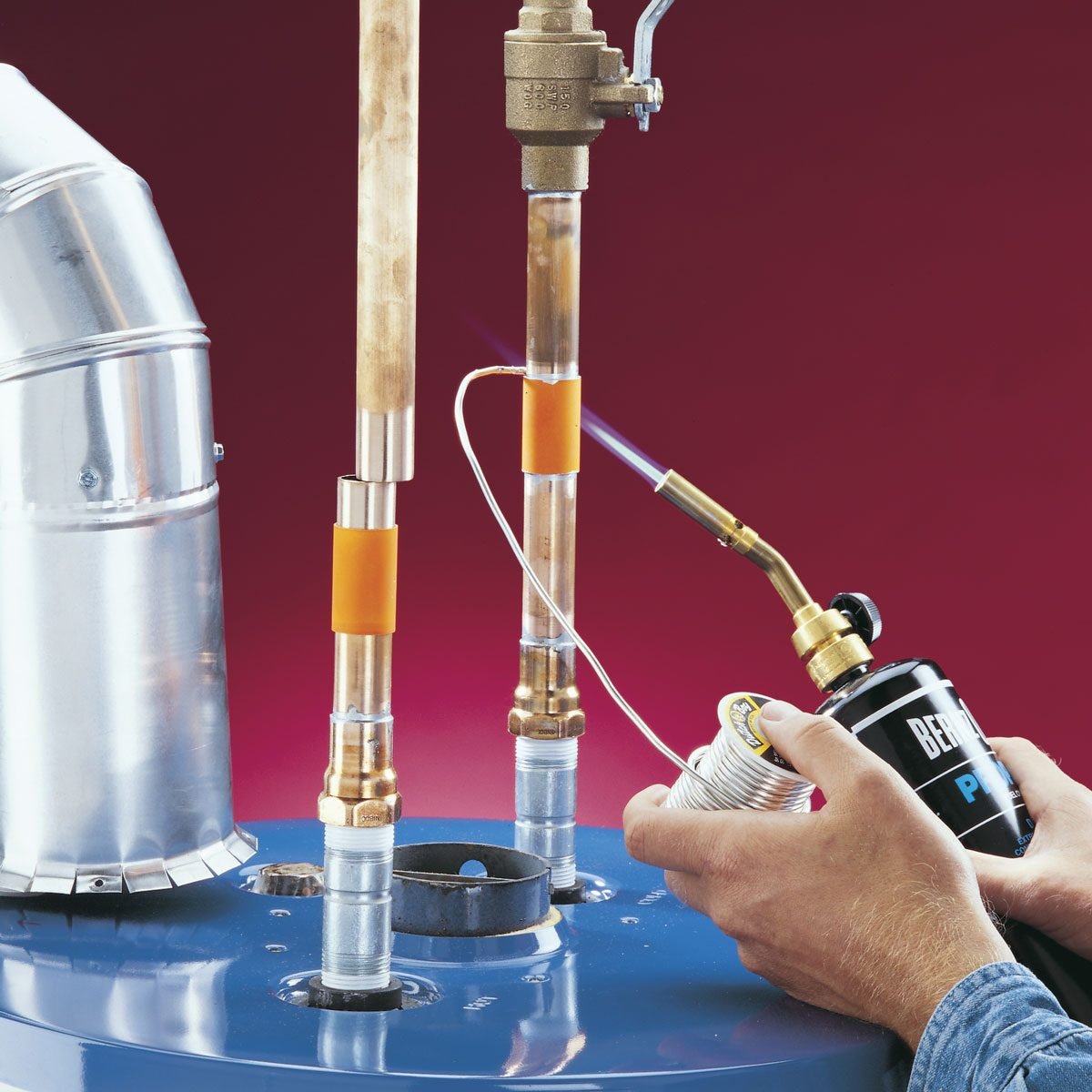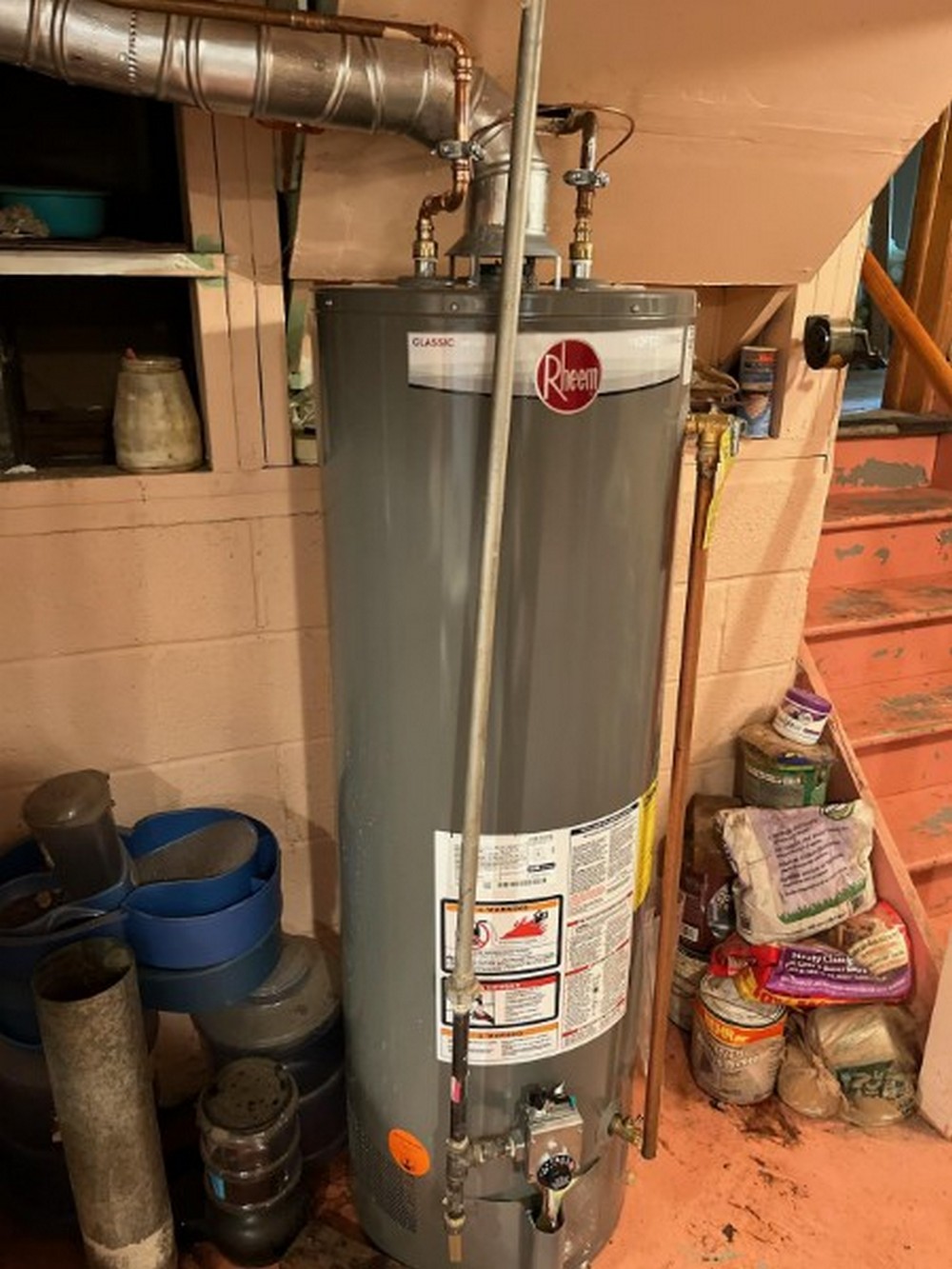Expert Water Heater Installation Services for Efficient Home Heating
Expert Water Heater Installation Services for Efficient Home Heating
Blog Article
Full Guide to Water Heating UnitInstallment and Substitute
Recognizing the complexities of water heating unit installation and substitute is essential for property owners seeking to make certain performance and integrity in their hot water supply. From selecting the suitable kind and size to executing a seamless installment process, several factors have to be thought about to avoid typical challenges.
Sorts Of Water Heating Systems
When considering water heating system setup and substitute, it is vital to recognize the numerous types of water heaters offered in the market. One of the most usual kinds include tank hot water heater, tankless water heaters, heatpump hot water heater, and solar hot water heater.
Container hot water heater are traditional systems that keep a specific quantity of warm water, making them easily available when needed. They are usually less costly upfront yet might sustain greater energy prices gradually due to heat loss. In contrast, tankless hot water heater supply hot water on demand, eliminating the requirement for storage. They are energy effective and can conserve area, yet their initial expenses are generally greater.
Heatpump hot water heater use electrical energy to transfer warm from the air or ground to warm water, offering significant energy financial savings but requiring more area and details setup conditions. Solar water heaters harness solar energy to warmth water, providing an environment-friendly choice with possible long-term price financial savings, although they frequently require a backup system for cloudy days.
Comprehending these alternatives makes sure notified choices relating to installation and replacement, dealing with details needs and choices.
Picking the Right Dimension
Selecting the proper size for a hot water heater is critical to make certain optimal efficiency and effectiveness. A device that is too small will certainly struggle to satisfy house needs, leading to inconsistent warm water accessibility and boosted energy consumption. Alternatively, a large water heating unit can cause unneeded energy waste and greater utility expenses.
To figure out the best size, take into consideration the family's optimal warm water use. This can be computed based on the variety of owners and their typical hot water requirements. For instance, a family members of four might call for a hot water heater with an ability of 50 to 80 gallons, depending upon the usage patterns, such as simultaneous showers and laundry.
Additionally, examine the recuperation rate, which measures exactly how swiftly a heating system can replenish warm water after it has been used. For tankless models, concentrate on the circulation rate, measured in gallons per minute (GPM), to ensure it meets the household's simultaneous demand.

Installation Process Summary

Next, the old system should be disconnected and gotten rid of, making sure to comply with regional codes and guidelines relating to disposal. When the old device is out, the brand-new water heater can be placed in place. This action entails attaching the supply of water lines, guaranteeing that all installations are protected and leak-free.
After establishing water connections, it's important to link the power supply, whether electric or gas, complying with the maker's instructions carefully. Once all links are made, the system needs to be full of water, and the power can be transformed back on. Finally, it is essential to inspect for leakages and make certain the water heater is functioning appropriately before finishing the installment process.
Common Installment Blunders

Another constant blunder is disregarding to follow neighborhood codes and regulations. Failing to adhere to these standards can not just lead to safety and security dangers but may also result in costly fines or the need for pricey reinstallation.
Falling short to protect links or using the wrong kind of installations can lead to leaks and water damages. By staying clear of these common installation mistakes, house owners can guarantee their water heater operates securely and efficiently, making best use of performance and longevity.
Upkeep Tips for Long Life
Correct upkeep of a water heating unit is crucial for its durability and optimum efficiency. Routine examinations you can try these out and maintenance can avoid expensive repair work and expand the appliance's lifespan. Begin by inspecting the temperature setup; it should normally be established in between 120 ° F and 140 ° F for ideal power effectiveness and safety.
Every 6 months, flush the tank to get rid of sediment accumulation, which can harm heating effectiveness and create corrosion. To do this, shut off the heater, attach a tube to the drain shutoff, and allow the water run up until it is clear.
Anode rods ought to be inspected every year and changed when they are worn away. These rods aid stop container rust by drawing in destructive aspects in the water.
Furthermore, check the pressure safety valve consistently to ensure it is operating appropriately. This valve is important for preventing extreme pressure buildup within the tank.
Lastly, take into consideration setting up a specialist maintenance check every couple of years for thorough evaluations and servicing. By sticking to these maintenance suggestions, home owners can substantially enhance the effectiveness, safety and security, and life-span of their hot water heater, guaranteeing reliable warm water for years to come.
Conclusion
In conclusion, appropriate setup and upkeep of water heating units are crucial for making sure efficiency and durability. By understanding these important aspects, homeowners can accomplish a dependable warm water supply while additional info lessening prospective concerns related to water heating unit procedure.
Recognizing the ins and outs of water heating unit installation and substitute is important for property owners seeking to make sure performance and integrity in their hot water supply.Storage tank water heating units are conventional systems that store a specific quantity of hot water, making them easily available when required. In contrast, tankless water heaters provide hot water on need, removing the requirement for storage space. Selecting a water heating unit that is either too little or too large can lead to inadequacies, resulting in poor warm water supply or too much energy usage.
By understanding these vital facets, property owners can attain a trustworthy hot water supply while reducing prospective concerns associated to water heating system operation. plumber Denton.
Report this page